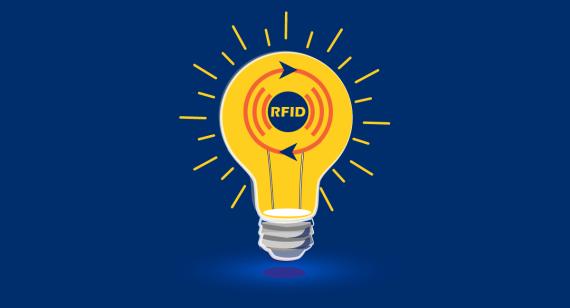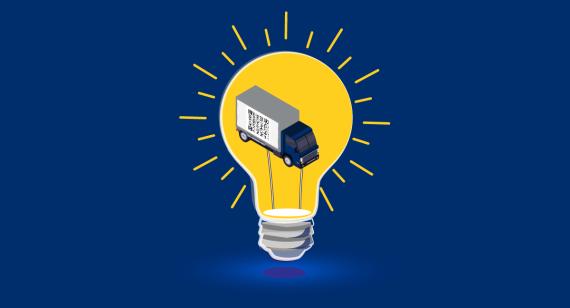Duurzaamheid is een belangrijke drijfveer geworden voor (winstgevende) activiteiten voor zowel consumenten, regelgevers als handelspartners.
GS1 gaat nu in zee met bedrijven die hun bedrijfsmodellen heroverwegen en herstructureren. Dit bewijst dat open en gestandaardiseerde gegevens essentieel zijn voor het leveren van duurzame prestaties.
Tijdens dit GS1 Innovation Café, dat plaatsvond op 24 november 2020, hoorden we van toezichthouders waarom duurzaamheid nu hoog op de agenda staat. Ook doken we in het pioniersproject HolyGrail 2.0. Dit project, geleid door AIM, omvat meer dan 90 deelnemende bedrijven zoals P&G en GS1 in Europe.






